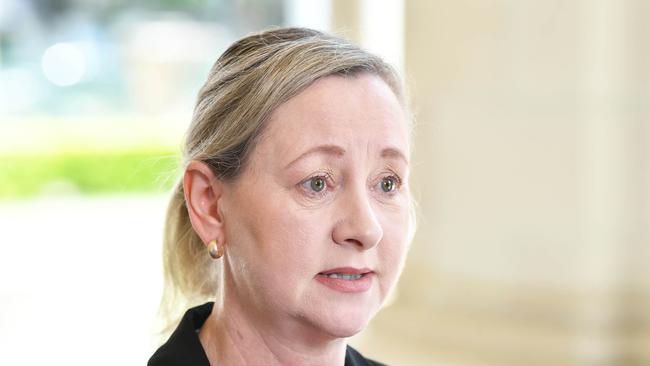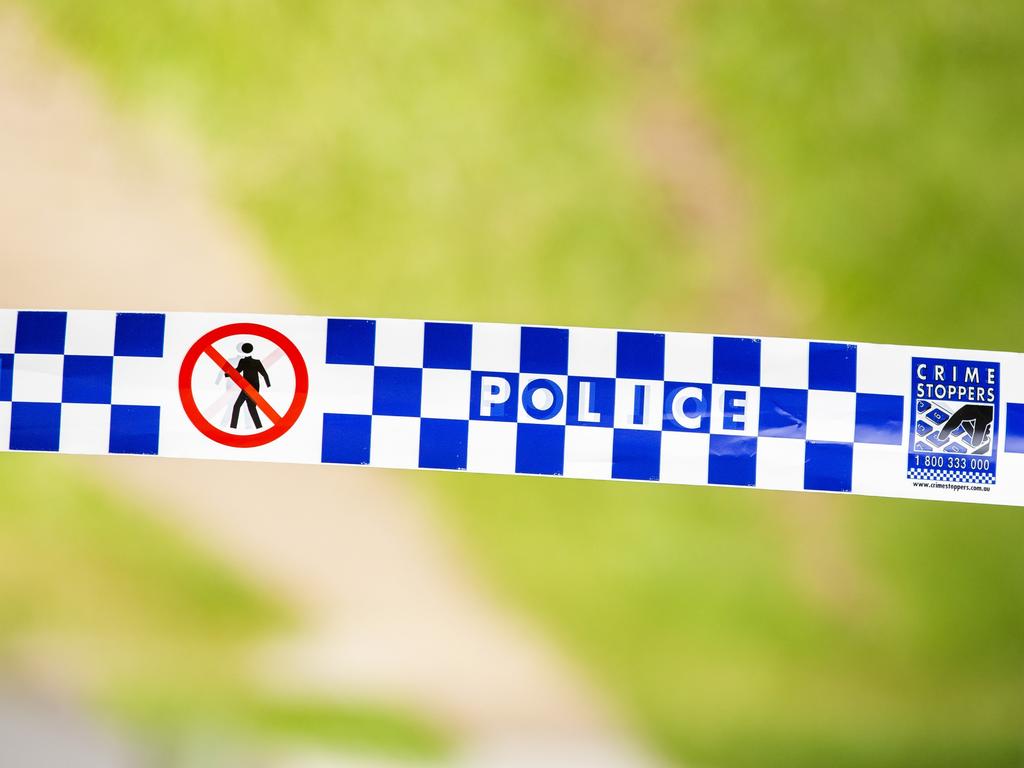DNA lab-linked retrial plan a risk, says Queensland Law Society
Planned laws allowing acquitted rapists and pedophiles to be retried because of bungled forensic testing at Queensland’s DNA lab risks ‘politically targeted or ill-intentioned prosecutions’.

Planned laws allowing acquitted rapists and pedophiles to be retried because of bungled forensic testing at Queensland’s DNA lab risk “politically targeted or ill-intentioned prosecutions”, the peak body representing Queensland solicitors has warned.
New laws, expected to pass state parliament in the new year, will overhaul double-jeopardy exemptions to allow acquitted people to face retrial if new DNA evidence is uncovered during the retesting of thousands of crime scene samples shelved during the state’s forensics lab disaster.
Under current double-jeopardy exemptions, only people acquitted of murder can be retried, and only if there is “fresh and compelling” evidence, but law changes will add 10 new offences including manslaughter, attempted murder, unlawful striking causing death, killing an unborn child, rape, incest and repeated sexual conduct with a child.
In her submission to a parliamentary inquiry, Queensland Law Society president Chloe Kopilovic said it was unfair that defendants bear the consequences of the forensic fiasco at the state-run DNA lab.
More than 100,000 samples from 37,000 criminal cases dating back to 2007 face retesting because of catastrophic problems at the lab, uncovered by The Australian’s Shandee’s Story podcast series and confirmed by two major public inquiries.
Botched testing was caused, in part, because of a 2018 testing threshold designed to improve turnaround times for police but which resulted in key evidence being missed in murder and rape investigations.
Ms Kopilovic said the lab’s focus on turnaround times was driven by chronic underfunding, which was well known at the highest levels of the Queensland government as far back as 2005.
“QLS holds the strong view that deficiencies in funding and government processes should not be used as a justification for expanding offences to be included in exceptions to the rule against double jeopardy,” she wrote.
Ms Kopilovic said the rule against double jeopardy was also a “fundamental control on state power”, given the government had more resources than individuals accused of a crime.
She warned there were “significant risks” in expanding exemptions.
In a separate submission, the Queensland Council for Civil Liberties expressed similar concerns.
“The rule against double jeopardy is not a rule designed to protect the guilty but to protect the innocent,” council president Michael Cope said.
“Every change to this rule undermines the principled asymmetry, which is at the heart of the criminal justice system. That principle reflects the proposition that the state with all its resources and powers should not be allowed to make repeated attempts to convict an individual of an alleged offence.”
Women’s Legal Service CEO Nadia Bromley said she supported the broadening of double-jeopardy exemptions, and that many women who reported sex crimes find their experiences in the justice system “traumatising, confusing, disempowering and slow”.








To join the conversation, please log in. Don't have an account? Register
Join the conversation, you are commenting as Logout